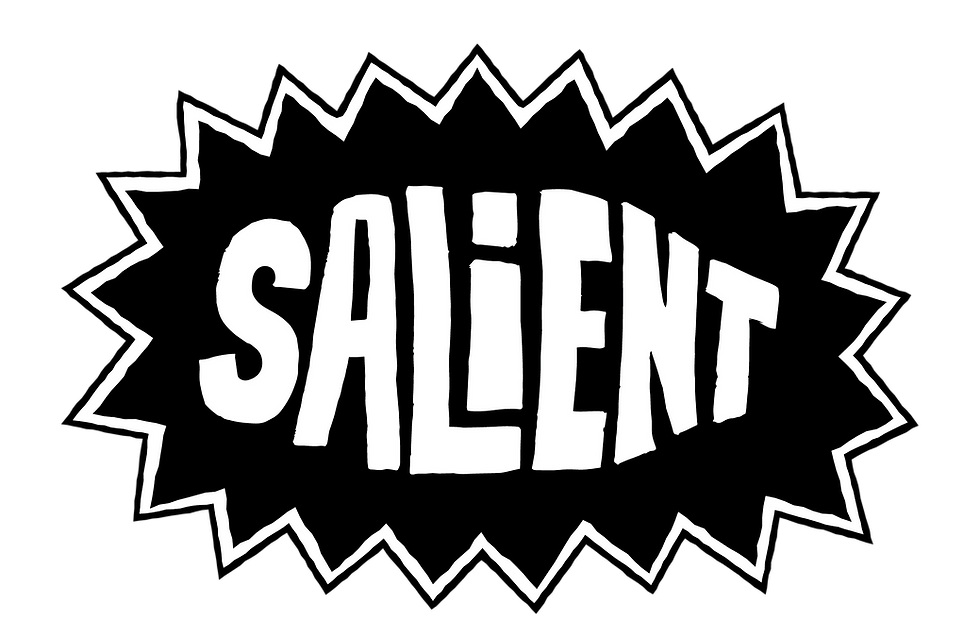Maranga Mai te Ngākau Pōuri
- Salient Magazine

- Oct 9, 2025
- 2 min read
Column by ISO
Socialism can be a suspicious kind of politics. You’ll often find someone trailing the money, or exposing some hidden violence. The real story always lies below the surface.
This skepticism, for the most part, is a vital step. Capitalism has a monopoly over schooling, communication channels, and ‘legitimate’ politics; it can easily control the narrative. When Luxon says he wants ‘peace’ in Palestine, why would we take this at face value?
Professor Michelle Murphy proposes the term unsettling for this critical approach: a word that suggests challenging what’s comfortable, shaking loose what’s sedimented, and undoing what’s been colonised. It’s a close resemblance to intifada: an awakening or anti-colonial upheaval.
For the past few years, we have seen just how necessary such an upheaval has become; social progress is not assured, and the rules are not made to protect ordinary people. Those in power can overturn abortion rights, ignore Te Tiriti, commit genocide, and turn fascist. Everything can turn to shit in an instant.
As the activist-scholar Gargi Bhattacharyya puts it, revolutionary politics are for everyone who has been heartbroken again and again by this system and sees “that there is no remedy, no repair, no way back and nothing to fix this. That whatever comes next these histories and presents of violence cannot be put right.” This heartbreak is our starting point. It’s one in which we care deeply about the world, and make no excuse for injustice.
And yet, it has limits. What use is exposure and discomfort when a genocide is being livestreamed before our eyes, and US troops are deployed to intimidate citizens on the street? This violence is not hidden, but placed on display. The open visibility tries to send a message that certain people are disposable and resistance is not worth the risk. Here, heartbreak can lead easily to despair.
What’s needed is not just tearing down, but instilling a new set of values and relationships. This was the success of Student Justice for Palestine’s brilliant campaign which resulted in the Academic Board adopting a Boycott, Divestment, and Sanctions policy. Much more than a removal of funds or refusal of collaboration, it forged new lines of solidarity between staff and students, and created new expectations for our university—and hopefully others—moving forward.
Over the next few years, there will be more work for us to do: getting the university to divest from fossil fuels (shout out Climate Action and Resistance VUW), setting up pathways for Palestinian scholars, and resisting any further cuts to our education. Getting involved will not be a cure for heartbreak, but it will be the minimum for realising change.
Thanks to everyone who read our column this year, to Salient for allowing us to write each week, and to everyone involved in making this university a better place. If you would like to follow us from here, or join our mahi, you can find us at @vuwsocialists.
The title of this piece comes from the first line of Ngā Taurahere, a te reo translation of The Internationale by ISO members Kaakatarau Te Pou Kohere (Ngāti Porou, Ngāi Tuhoe, Ngāti te ata Waiohua, Kai Tahu) and Tima Thurlow (Ngāi Tuhoe).




Comments